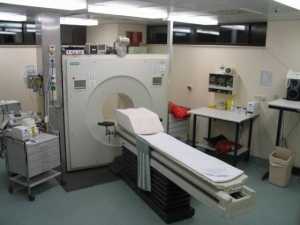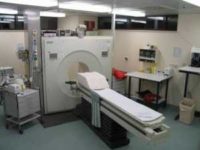Alzheimer's - Dementia, Author Interviews, Genetic Research, Memory / 23.08.2019
Patients Genetically Predisposed to Alzheimer’s Have Difficulty Accessing Memories
MedicalResearch.com Interview with:
Dr. Claude Alain PhD
Senior Scientist
Baycrest's Rotman Research Institute
MedicalResearch.com: What is the background for this study?
Response: Adults carrying a gene associated with a higher risk of Alzheimer’s disease had a harder time accessing recently acquired knowledge, even though they didn’t show any symptoms of memory problems.
MedicalResearch.com: What are the main findings?
Response: Researchers found that older adults carrying a specific strain of the gene, apolipoprotein E4, otherwise known as APOE4, weren’t able to tap into information they had just learned to assist them on a listening test. These findings suggest greater difficulty for these individuals to access knowledge from their memory to guide their attention in ways that would have improved their performance. This work could lead to the development of new ways to detect individuals at risk.
(more…)


































